US targets Iran's financial sector, imposes sanctions on 18 banks
The United States has targeted Iran’s financial sector by imposing sanctions on 18 Iranian banks, in defiance of Europe’s humanitarian objections.
The Treasury Department announced the measure on its website on Thursday, weeks ahead of the American presidential elections in which incumbent Republican President Donald Trump is pitted against Democrat Joe Biden.
The Trump administration took the punitive action with an aim to cut off the Islamic Republic from the world's financial system.
The Treasury Department failed to come up with any specific accusations against most of the banks. It just declared that the Iranian financial sector may be used to support the government's nuclear program and its "malign regional influence."
Treasury Secretary Steven Mnuchin claimed that the US sanctions would "stop illicit access to US dollars."
"Our sanctions programs will continue until Iran stops its support of terrorist activities and ends its nuclear programs," he said in a statement, throwing the oft-repeated baseless US accusations against Iran.
“Today’s actions will continue to allow for humanitarian transactions to support the Iranian people,” he added.
The Trump administration has claimed humanitarian goods are exempt from its sanction, but a web of sanctions tied around Iran over years has made foreign banks and companies extremely wary of engaging in any trade with the country.
Health officials say Iran can produce more than 96 percent of its medical needs. But specialist treatments such as those for cancer or donor transplants often rely on imports.
The Treasury on Thursday said the sanctions did not apply to transactions for the provision of agricultural commodities, food, medicine or medical devices to Iran, but European diplomats have said that US sanctions have dire humanitarian consequences.
According to Bloomberg, the new measures could sharply hinder Iran’s ability to secure supplies of food and medicine at a time the country struggles to contain a resurgence of the coronavirus outbreak.
The move comes after Washington last month said it had triggered a snapback of all UN sanctions on Iran. The claim however was rejected by Washington’s European allies and most UN Security Council members.
They said the US withdrew from the Iran nuclear deal in 2018 and had no right to activate the snapback mechanism.
After its pullout, the US launched a so-called “maximum pressure” campaign that has so far resulted in several rounds of sanctions against Iran.
The new sanctions is an escalation of Washington’s futile bid to force Iran into new negotiations over its nuclear program, two years after Trump withdrew the US from a landmark 2015 deal with Tehran and re-imposed sweeping sanctions.
According to reports, the new sanctions are aimed to close the few remaining financial loopholes allowing Iran to earn revenue, and stymie Biden’s promise to return to the nuclear deal if he wins the presidency in November.
The new sanctions would leave Iranian companies increasingly dependent on a small network of informal money changers overseas who can execute financial transfers.
Hence, the Trump administration seeks to also target money-changers and hawala transfer systems and anywhere money changes hands, the US will try to stop it.
VIDEO | South Koreans demand end to joint US military drills and provocative policy against North Korea
VIDEO | A silent grief: Palestinian man struggles to recover remains of wife, children
Hind Rajab Foundation files complaint against Israeli genocidal propagandist in US
VIDEO | Trump fighting allies on Greenland
Iran FM: Selective respect for deals now haunting Europe
Arab rights group urges UK to sanction Netanyahu over 'incitement to genocide' in Gaza
‘Political, non-constructive’: Iran slams UNHRC special session on recent riots
Forced evacuations in South Gaza as Israeli military expands control over land






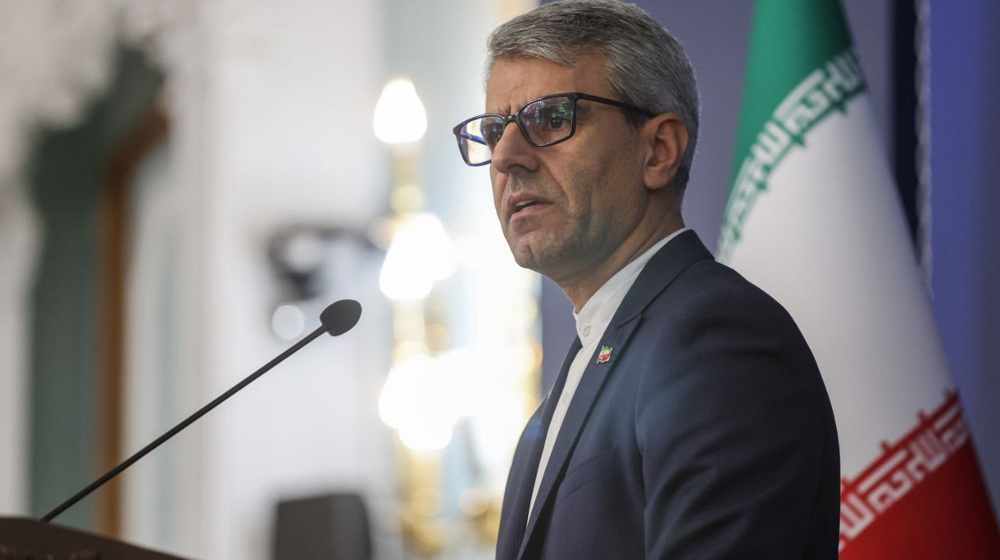
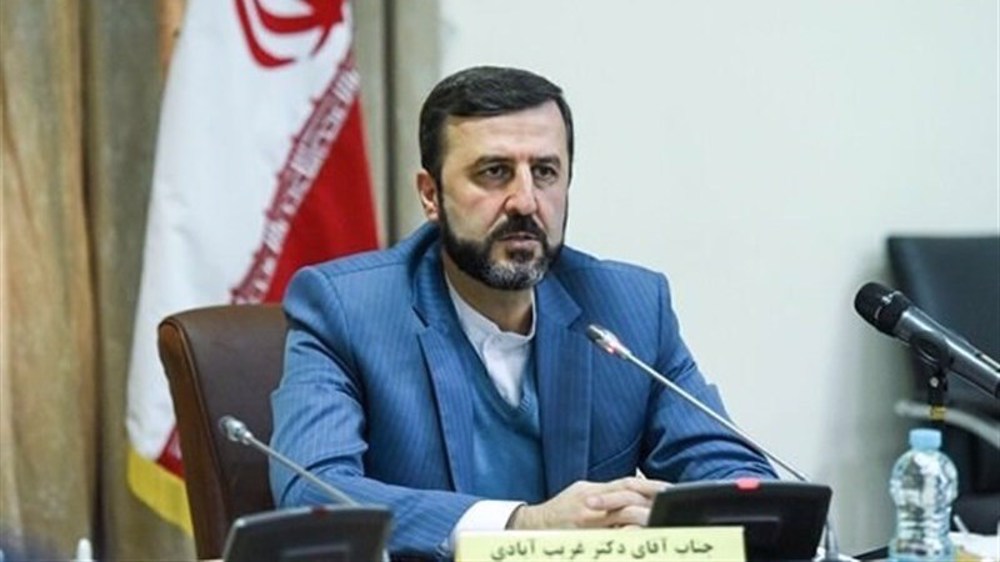





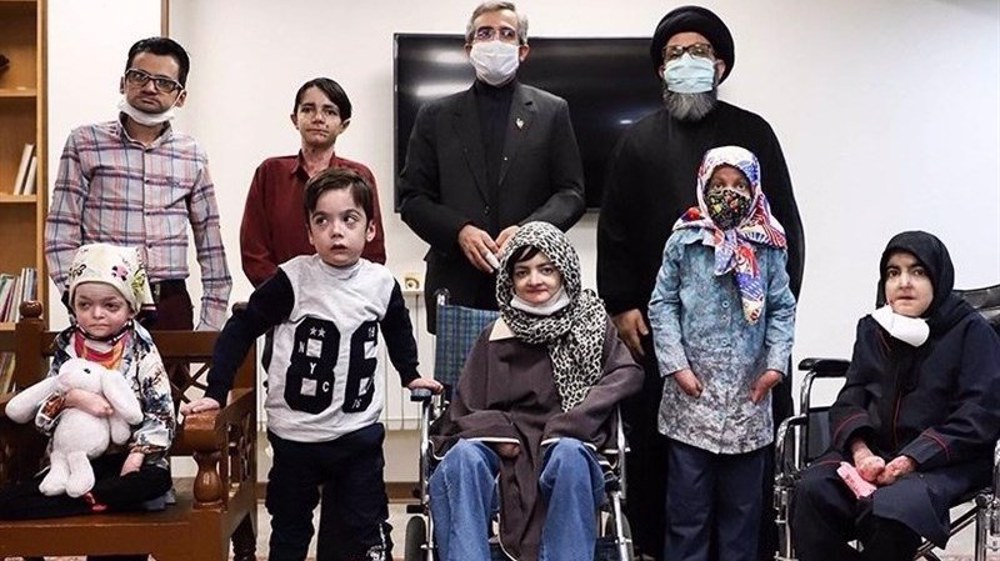
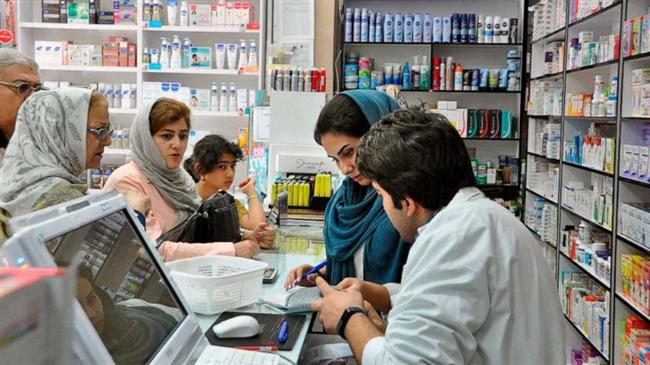
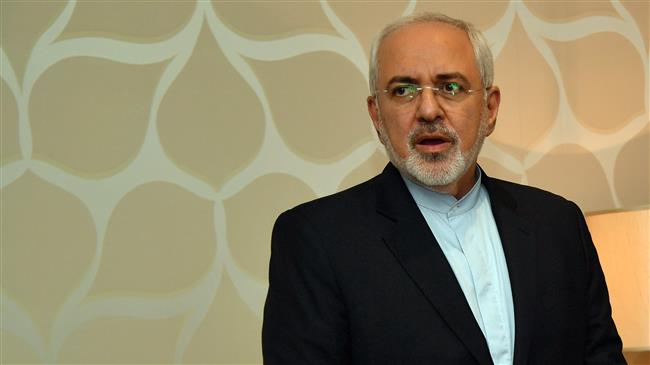

 This makes it easy to access the Press TV website
This makes it easy to access the Press TV website